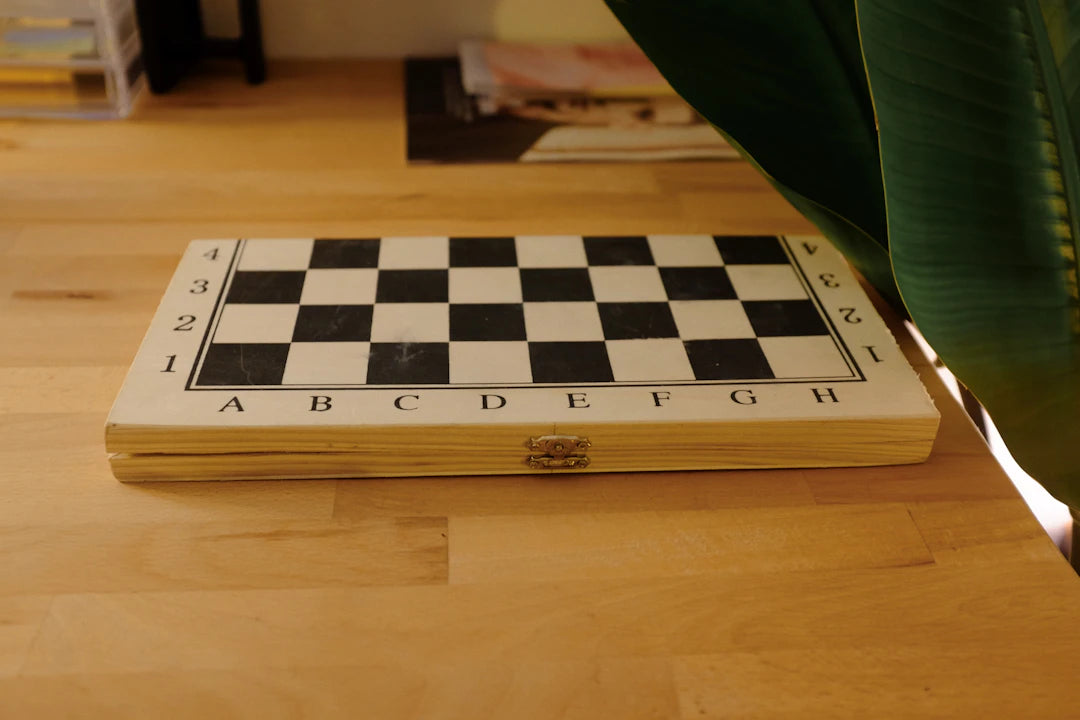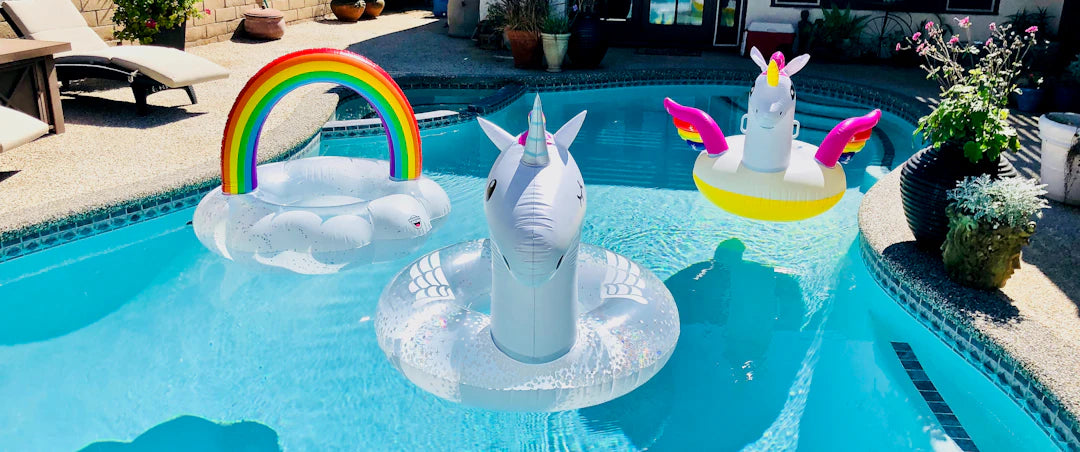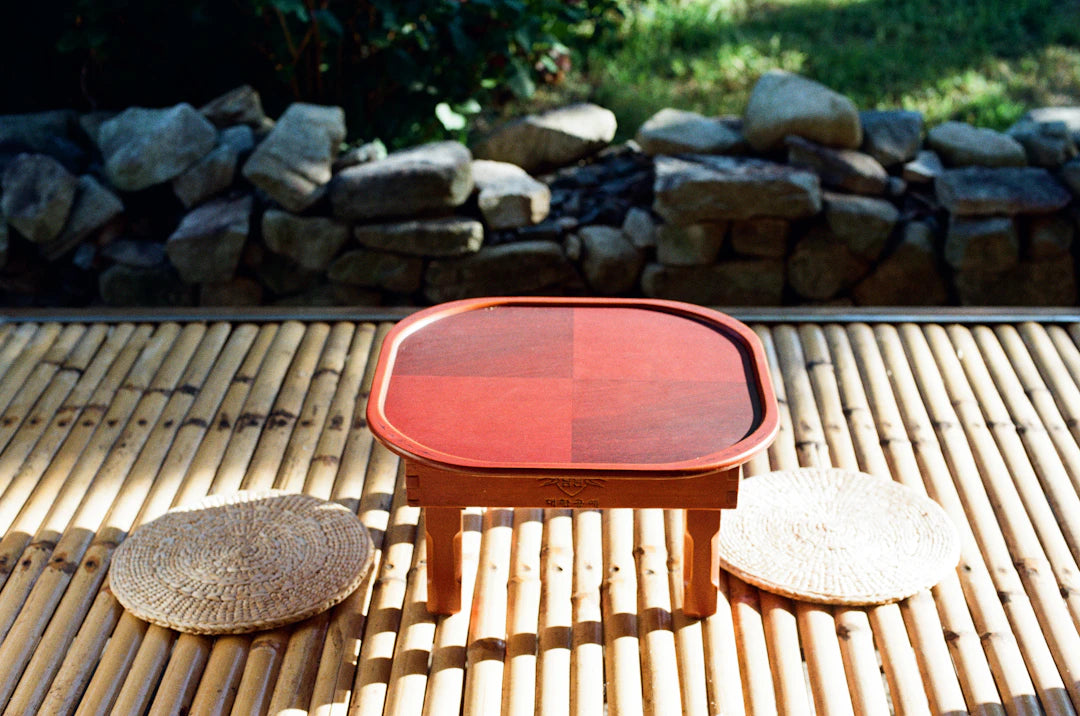Overview
Learn the essentials of shuffleboard, including setup, scoring zones, and key strategies. Master offensive and defensive plays, improve shot techniques, and adapt to opponents. Focus on emotional control and strategic finishing to enhance your game and enjoy the competition.
Frequently Asked Questions
1. What is shuffleboard?
2. What are the scoring zones in shuffleboard?
3. What are some offensive strategies for shuffleboard?
4. How can I improve my shot technique in shuffleboard?
5. What should I focus on when finishing a shuffleboard game?
Shuffleboard is a game that combines skill, precision, and strategic thinking. Whether you’re playing with friends at a casual gathering or competing in a serious tournament, understanding the art of shuffleboard strategy can make all the difference in your performance. In this guide, we’ll explore key tactics and techniques that can elevate your game and help you secure that coveted victory.
Understanding the Basics of Shuffleboard
Before diving into advanced strategies, let’s establish the foundational elements of shuffleboard. The game can be played on various surfaces, but the goal remains the same: slide your pucks down the board to score points while also trying to block your opponent. Each player takes turns sliding their pucks down the shuffleboard, aiming to land in the scoring zones at the opposite end.
The Shuffleboard Setup
A standard shuffleboard court is usually 22 feet long and 20 inches wide, featuring distinct scoring areas.
- Zero Zone: The area closest to the player where no points are scored.
- One Zone: The first scoring area worth one point.
- Two Zone: The middle scoring area worth two points.
- Three Zone: The farthest scoring area worth three points.
- Cancellation: Points scored by one player can be canceled out by the opponent’s pucks in the same zone.
The Importance of Positioning
Your positioning and placement strategy during a shuffleboard game can set the tone for future turns. Here’s how to make the most of your puck placement:
Offensive Strategies
An offensive approach focuses on scoring points and gaining an edge over your opponent.
- Scoring First: Aim to land in the 3-point zone before your opponent can establish their control. Remember, the higher the score, the greater the swing!
- Blocking: Sometimes, scoring isn’t enough. Placing your puck strategically to prevent your opponent from scoring can turn the tide of the game. Position your pucks in front of your opponent's potential scoring zones.
- Create a Guard: Consider placing a puck near the edge of the board to act as a security net for your scoring pucks. It’s more difficult for your opponent to knock a well-placed puck off the board!
Defensive Strategies
Defense is just as critical as offense in shuffleboard. Here’s how to fortify your game:
- Watch Your Opponent: Pay close attention to your opponent’s moves. If they have reliable scoring techniques, consider adapting your strategy to counteract their offense.
- Block Their Path: Place your pucks strategically in their primary scoring zones. Sometimes, blocking your opponent can yield more advantages than scoring yourself!
- Reset Opportunities: If you see a chance to remove your opponent’s scoring opportunities in the next few turns, take it. Don’t hesitate to sacrifice some of your lower-scoring pucks for the greater good!
Mastering the Slide: Techniques to Perfect Your Shot
The way you slide your pucks can significantly impact your overall strategy. Here are some techniques to help you master your shot:
The Perfect Grip
How you hold your puck can dictate your accuracy and power. Here’s how to establish a better grip:
- Use Your Fingers: Hold the puck mostly with your fingers, keeping the thumb on top for balance.
- Position Your Hand: Try to create a straight line from your wrist to your finger tips as you slide the puck. This technique will help you maintain control.
Finding Your Balance
Every successful shot requires balance and body alignment. Here’s how to achieve it:
- Feet Position: Stand with your feet shoulder-width apart for stability. Weight should be evenly distributed.
- Knees Slightly Bent: This posture allows for better movement and quicker reaction times.
Aim for Precision
Ultimately, the goal of every toss is accuracy. Here are tips for honing your precision:
- Visualize Your Path: Before making your shot, visualizing the desired trajectory can help focus your aim.
- Focus on the Target: Keep your eyes locked on your target area, not on the puck. This technique can vastly improve your directional accuracy.
- Pace Yourself: Don’t rush your shots. Take your time to ensure you have a clear understanding of your target and your technique.
Adapting to Different Opponents
Every opponent brings a new set of challenges to the shuffleboard table. Understanding your opponent's style allows you to adapt your strategy accordingly.
Play the Player
Evaluate your opponent's strengths and weaknesses as the game develops. Here’s how you can play smarter:
- Identify Strengths: If your opponent has a strong offensive strategy, bolster your defense to counteract their moves.
- Recognize Weaknesses: If they struggle with precision on long shots, capitalize on that by forcing longer plays.
Playing Styles Matter
Different players may adopt diverse approaches.
- Aggressive Players: If facing someone who plays aggressively, be prepared to react quickly. Consider using defensive maneuvers often to maintain control over the board.
- Defensive Players: If your opponent plays defensively, relish the opportunity to be the aggressor. Take calculated risks to disrupt their gameplay.
Finishing Strong: Closing Out the Game
The final crucial moments of the game require strategic thinking and composure. Here’s how to finish strong:
Aware of the Score
Understanding the score and current position will dictate your final moves:
- Lead vs. Trail: If you’re leading, prioritize defense by blocking your opponent's chances instead of going for high scores. Conversely, if you're trailing, aim for a higher score zone while also attempting to remove your opponent's pucks.
- Time Management: Keep an eye on your time (if applicable). Ensure you utilize your time prudently, ensuring each shot counts.
Emotional Control
Maintaining emotional stability can often tip the scales in your favor:
- Stay Focused: Avoid distractions and stick to your strategy, regardless of external pressures or emotions.
- Stay Positive: A positive attitude can often boost your performance. Encourage yourself, celebrate your skills, and embrace every moment!
The Thrill of Competition
Ultimately, shuffleboard is a game that thrives on camaraderie, competition, and the thrill of outsmarting your opponent. With practice, dedication, and an understanding of these strategies, you will find yourself not only improving your own game but also enjoying the entire shuffleboard experience even more. As you continue to refine your skills and adapt your strategies, cherish every game as a unique opportunity for growth and connection.
So go ahead, gather your friends or jump into that tournament. Execute your best shuffleboard strategies, enjoy the camaraderie, and let the games begin! Happy sliding!



